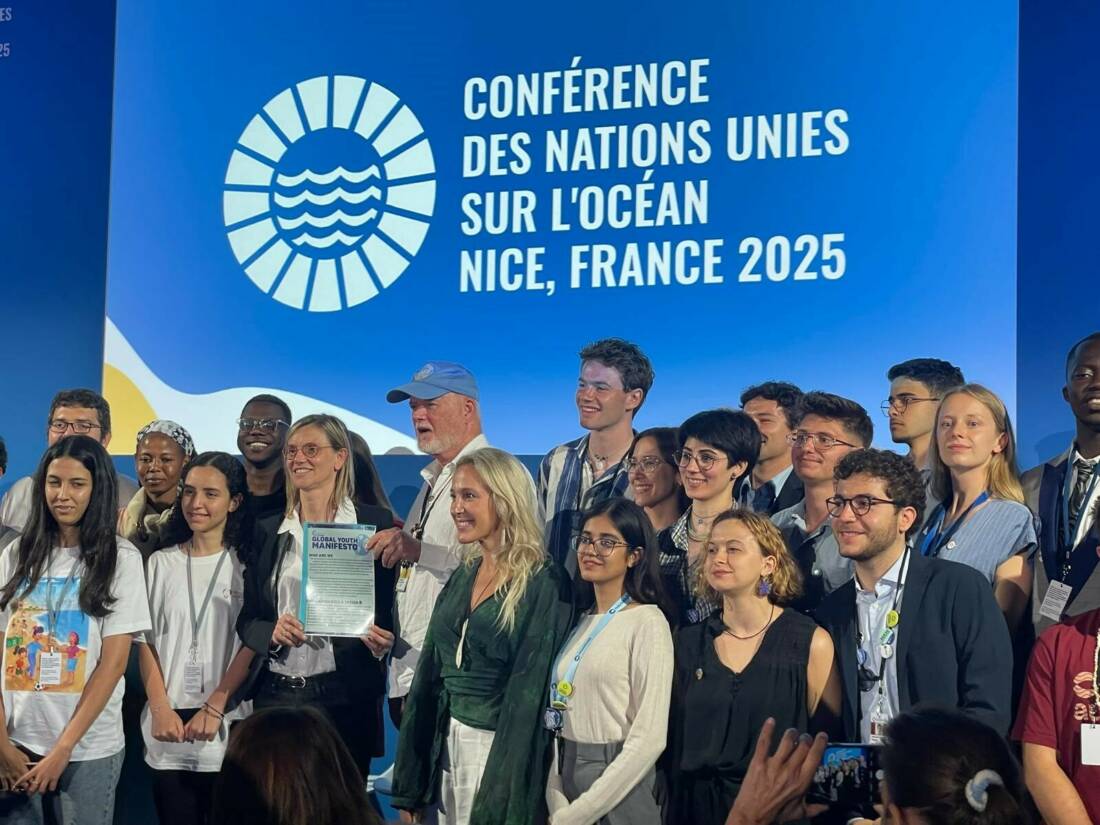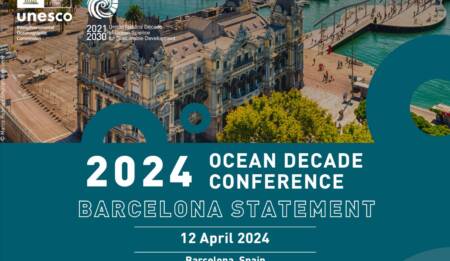UN Ocean Conference Takeaways and Learnings
The 2025 UN Ocean Conference (UNOC3), held in Nice, France from 9–13 June, was a landmark global event focused on accelerating action to conserve and sustainably use the ocean in support of Sustainable Development Goal 14 (SDG14): Life Below Water.
Co-hosted by France and Costa Rica, it brought together over 12,000 delegates, including 64 Heads of State, 115 Ministers, and representatives from 175 countries.
Key Achievements and Outcomes
Nice Ocean Action Plan
- The conference concluded with the adoption of the Nice Ocean Action Plan, which includes:
- A political declaration titled “Our Ocean, Our Future: United for Urgent Action”
- Over 800 voluntary commitments from governments, UN agencies, scientists, civil society, and the private sector.
High Seas Treaty (BBNJ Agreement)
- Strong support was shown for the ratification of the High Seas Treaty, which aims to protect biodiversity in areas beyond national jurisdiction.
- Numerous countries announced ratifications during the conference.
- Official ratification (60 nations) took place in September 2025.
Marine Protected Areas (MPAs)
- Renewed commitment to the 30×30 target: protecting 30% of marine and coastal areas by 2030.
- New MPAs were announced, including French Polynesia’s plan to protect its entire Exclusive Economic Zone (EEZ).
Blue Economy and Finance
- The Blue Economy and Finance Forum (BEFF) led to €8.7 billion in investments for ocean conservation over the next five years.
- Emphasis was placed on private sector engagement and innovative financial tools for ocean sustainability.
Youth Contributions
- The Citizen of the Ocean Youth Manifesto is a global call to action. Crafted by young ocean advocates, it reflects the vision and determination of a generation committed to safeguarding marine ecosystems and driving the commitments made at UNOC3 into real-world impact.
- Heirs To Our Ocean (H2OO) played a significant role at UNOC3 (UN Ocean Conference 2025) by amplifying youth voices and pushing for systemic inclusion of young people in ocean governance

Overall Summary
A summary outlining all the key achievements and outcomes as well as other key takeaways can be found below.
New Zealand voluntary commitments
The Ministry of Foreign Affairs and Trade registered six new Voluntary National Contributions (VNCs) for UNOC3:
- 1. New Zealand supports the OECD’s call to eliminate subsidies that enable illegal, unreported, and unregulated (IUU) fishing. This global recommendation strengthens efforts to implement the WTO Fisheries Subsidies Agreement and promotes sustainable fisheries by ensuring government support does not incentivise harmful practices.
- 2. New Zealand has joined the Island Ocean Connection Challenge to restore three globally significant islands: Rakiura/Stewart Island, Maukahuka/Auckland Island, and the Chatham Islands. Backed by NZ$54 million, this initiative aims to rewild ecosystems, protect seabirds, and enhance marine biodiversity, contributing to Predator Free 2050 and regional conservation partnerships.
- 3. To protect seabirds and reduce bycatch, New Zealand is working with APEC economies to build capacity for seabird-safe fishing. This commitment promotes best-practice mitigation measures and training for fishers and regulators, supporting sustainable fisheries and biodiversity conservation under SDG 14.
- 4. New Zealand is reviewing and updating its National Plan of Action to prevent, deter, and eliminate IUU fishing. This aligns with international frameworks such as the FAO Plan of Action and the Port State Measures Agreement, reinforcing monitoring and compliance to protect marine resources.
- 5. New Zealand has committed USD $45 million to strengthen sustainable fisheries governance in the Pacific. This investment focuses on improving monitoring and traceability, reducing IUU fishing, and supporting regional frameworks that prevent ports of convenience, ensuring long-term ocean health and food security.
- 6. New Zealand is investing over USD $50 million to advance ocean science and governance in the Pacific. Key initiatives include marine spatial planning, a Tuna Climate Intelligence System, a dedicated ocean research vessel, and contributions to the Global Fund for Coral Reefs, building resilience and supporting sustainable ocean economies.


